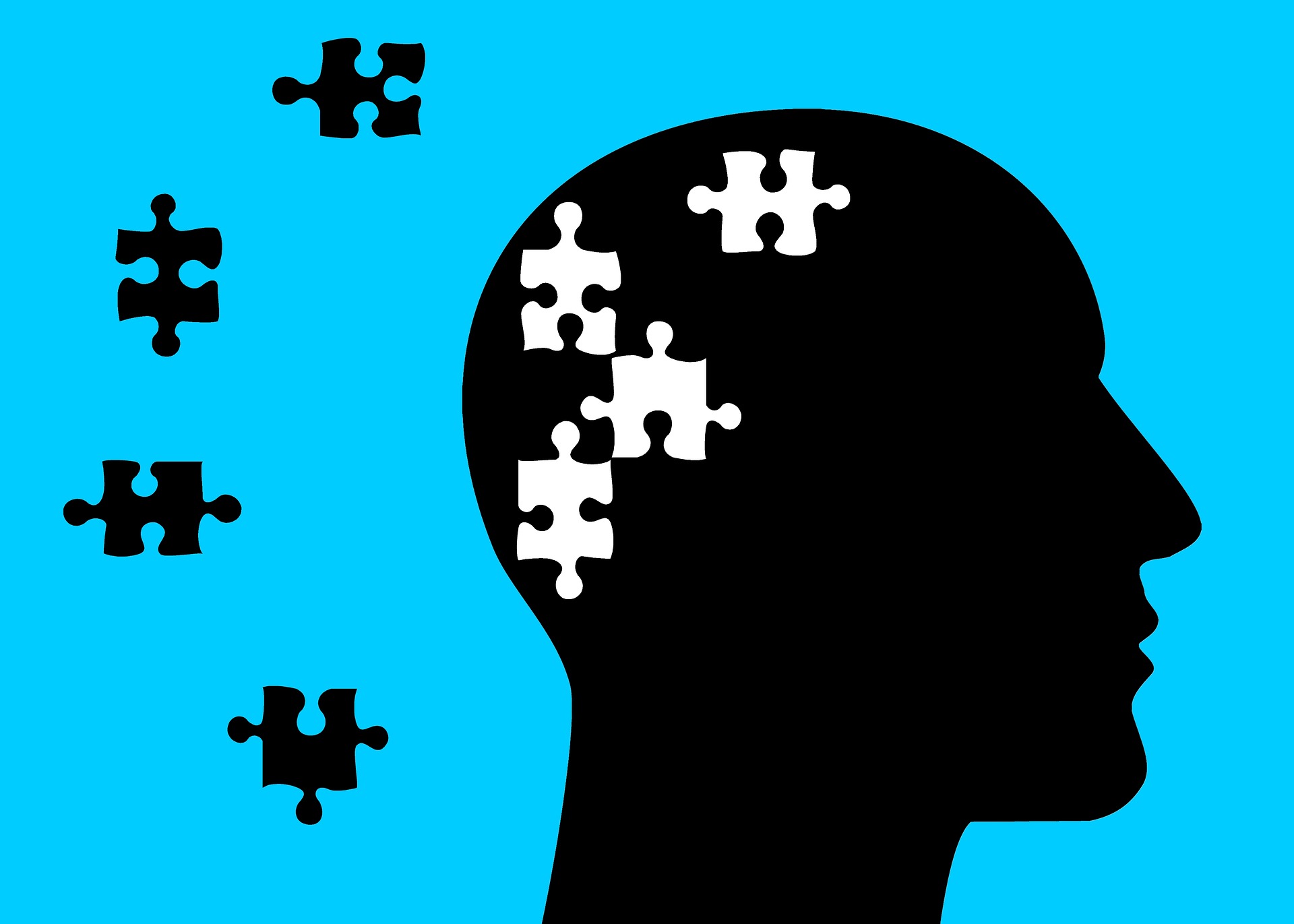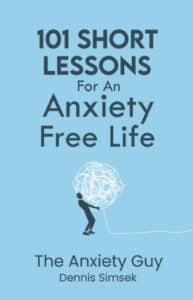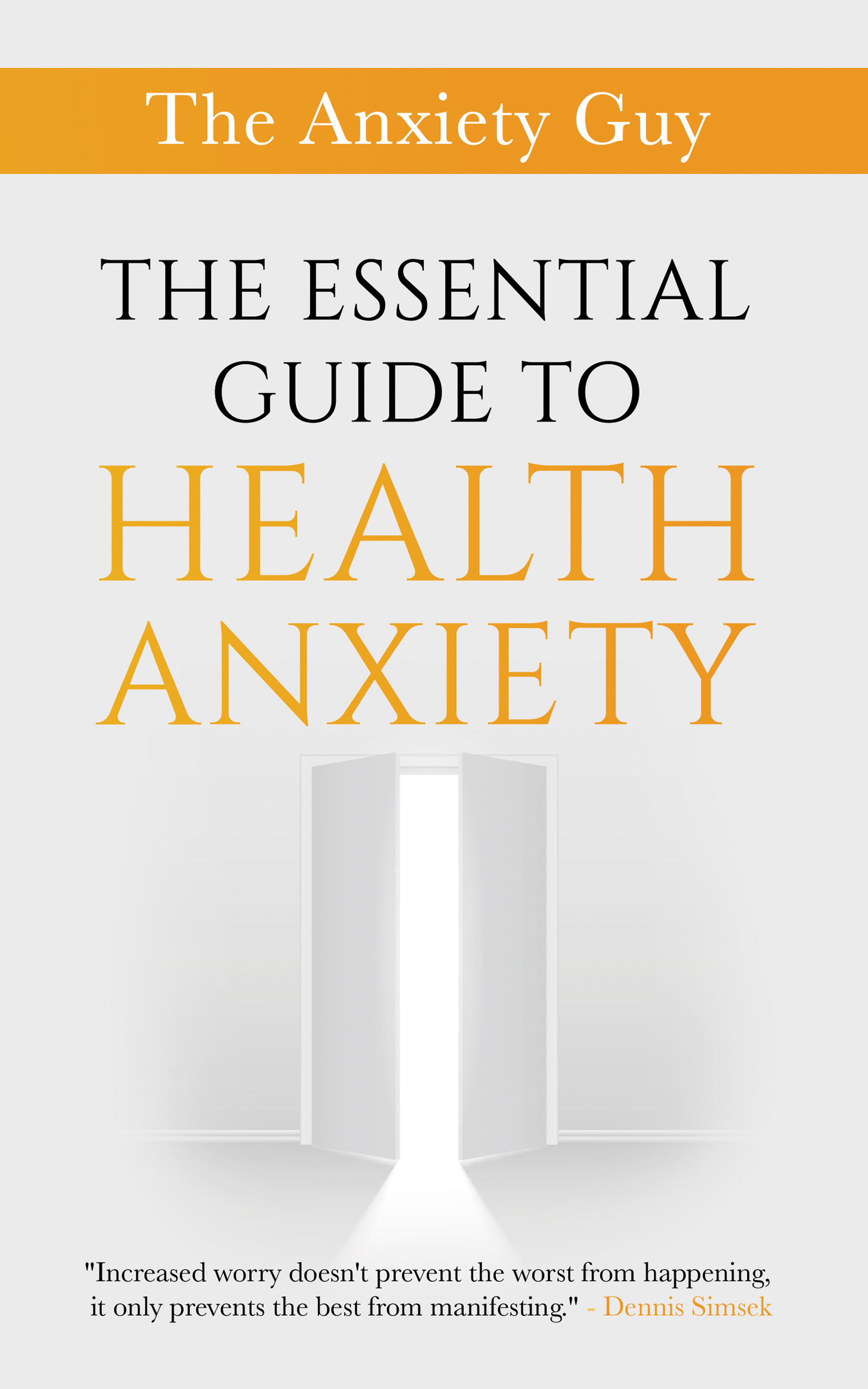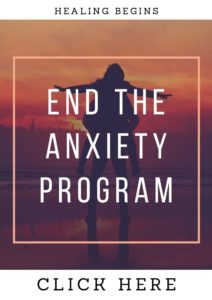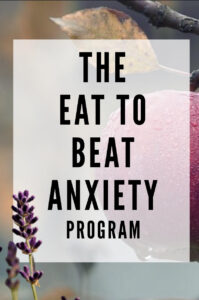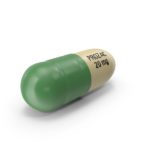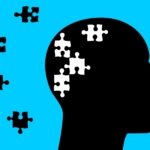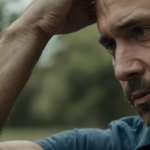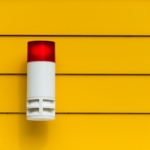If you’ve ever laid in bed wondering whether your latest symptom is something life-threatening or if it’s just another panic episode, you’re not alone. As someone who’s now clearly able to define the difference between health anxiety vs panic attacks, and now coaches others through them daily, I know how tangled and terrifying the overlap can feel.
Let’s break this down together.
Understanding Health Anxiety: The Slow-Burning Fear
Health anxiety which is formerly called hypochondria, is the obsessive fear that something is wrong with your body. It’s not just worry; it’s a full-body experience that convinces you you’re one symptom away from a diagnosis. It’s the kind of anxiety that doesn’t scream, it whispers constantly.
What it feels like (based on what many clients share):
Morning: You might wake up scanning your body, “Was that tightness in my chest there yesterday? Is my heart racing more than usual?” There’s rarely a peaceful start. Even brushing your teeth might trigger panic if your tongue feels odd.
Daytime: A small sensation like a skipped heartbeat or a twitch can hijack your focus for hours. Google becomes both your worst enemy and false comforter. You may cancel plans just to monitor your symptoms or call a doctor “just in case.”
Evening: This is often the time the mind goes into overdrive. As distractions fade, the internal dialogue ramps up. Many clients going through the health anxiety program tell me they check their pulse repeatedly before bed or feel sudden dread about dying in their sleep.
What Are Panic Attacks: The Sudden Storm
Panic attacks are sudden, intense waves of fear that often come out of nowhere. Unlike health anxiety, which is slow, sticky, and obsessive these panic attacks are overwhelming and fast.
You may feel as if you’re about to faint, lose control, or even die. But here’s the thing: panic attacks are the nervous system’s alarm system misfiring. They are intense, but temporary.
What it feels like (based on real accounts):
Morning: For many, panic can hit first thing, especially if cortisol spikes or they wake from a nightmare. There’s a sense of urgency: “Something’s wrong. I need to move, or escape.”
Daytime: It might strike in a grocery store, while driving, or during a conversation. Often without warning, your chest tightens, vision narrows, your heart pounds, and you may feel like you’re not even in your body.
Evening: Nighttime panic is brutal (as I know very well myself). Some experience “false sleep starts,” drifting off, then jolting awake in a panic. Others feel intense fear about falling asleep, fearing they won’t wake up.
Health Anxiety vs Panic Attacks: The Key Differences
| Feature | Health Anxiety | Panic Attacks |
|---|---|---|
| Focus | Illness or disease | Sudden fear, loss of control |
| Onset | Gradual and ongoing | Sudden and intense |
| Duration | Hours to days, to years | 5–30 minutes |
| Behavior | Symptom checking, reassurance seeking | Avoidance, escape, deep fear response |
| Recovery | Mentally stuck in loops | Often physically and emotionally exhausted afterward |
One of the most confusing parts is this: health anxiety can trigger panic attacks. You spiral about your symptoms, convince yourself it’s something catastrophic, and the body responds with a full-blown panic. It’s the storm built on a slow burn.
Health Anxiety vs Panic Attacks: How They Show Up Differently in Real Life
Let me paint you a picture.
Imagine you’re eating dinner. You suddenly feel a strange sensation in your throat.
- Health anxiety response: “What if this is throat cancer? Should I Google it? I’ll feel better if I check again… maybe I should see a specialist.”
- Panic attack response: A rush of fear overtakes you, your heart races, you feel dizzy, and you have to leave the table immediately.
With health anxiety, the fear is focused on the possibility of illness. With panic attacks, the fear is of imminent doom.
Why It Matters to Know the Difference
Misunderstanding health anxiety vs panic attacks can keep you stuck in fear cycles longer than you need to be. When you understand what’s happening, you stop blaming yourself and start healing at the root.
When my clients first join my program, many say, “I didn’t even realize I had health anxiety. I just thought I was being cautious.” Or, “I thought I was having heart attacks, but now I see they were panic episodes.”
This distinction brings relief. Why? Because clarity gives you back a sense of control.
Healing Both: The CBT + Somatic Approach
Whether you’re dealing with health anxiety or panic attacks or both, the healing path is similar:
- Reframe the story your mind tells you: This is the mental rewiring process done as the day unfolds, until you reach a point where you’re no longer interested in the old story at all.
- Reconnect with your body through somatic tools: Surrender sessions (somatic tracking sessions for anxiety on YouTube) will help you connect to the underlying emotional reasons behind the symptoms, and let them go over time.
- Reduce avoidance and build confidence gradually: It’s about consistency, not intensity. Meaning gentle rebuilding around movement, social interactions and new environments.
- Develop inner safety, instead of relying on reassurance from doctors or loved ones: Sometimes placing your hand on your chest and a few reassuring words towards ‘the Protector’ within you can make a world of difference over time.
That’s why in my programs, we combine CBT, somatic healing, and identity work so you’re not just coping, you’re rewiring.
You learn to stop fearing symptoms. You stop Googling every ache. You stop needing certainty. And you start living again.
Final Words
Understanding the difference between health anxiety vs panic attacks is more than academic, it’s personal. It’s the bridge between feeling lost and finally having a map.
Both of these challenges can be debilitating but as we’ve seen over and over again recovery is possible for both. The process from the false self to the true self takes time, and if you’re willing to give it time and gently nurture the mind and body daily, you will be able to reconnect with your true authentic self again.
And it will feel great!

